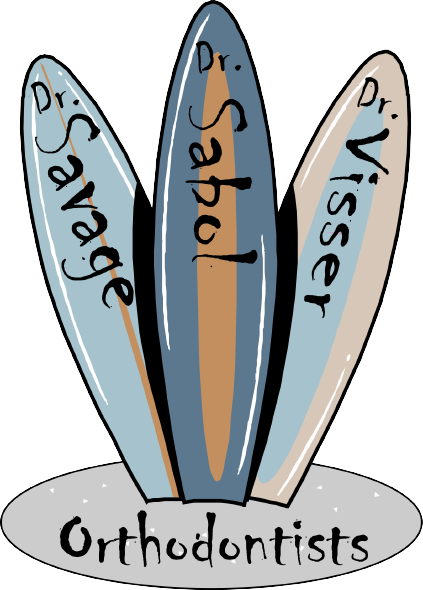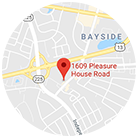 Grinding your teeth at night may be a habit you are not aware you have. This sneaky condition not only has the ability to wreak havoc on your jaw but can also produce other painful and inconvenient side effects. Let’s lay down everything you need to know about why you grind your teeth and what you can do to prevent it from happening in the future.
Grinding your teeth at night may be a habit you are not aware you have. This sneaky condition not only has the ability to wreak havoc on your jaw but can also produce other painful and inconvenient side effects. Let’s lay down everything you need to know about why you grind your teeth and what you can do to prevent it from happening in the future.
You Know You Grind Your Teeth When…
It’s not always obvious to know when you grind your teeth. The condition of grinding your teeth, also known as bruxism, is the rhythmic clenching of the jaws and grinding of the teeth, typically done unconsciously while sleeping. Because patients are often not awake while they are doing it, they don’t realize it’s become a habit for them. You may suffer from bruxism and grind your teeth at night if you notice the following symptoms during the day:
- Chronic dull headaches
- Jaw muscles feeling sore or tight
- Teeth feeling painful or loose
- Fractured teeth
- Swelling around the lower jaw
Grinding Your Teeth Isn’t Always About Stress
Studies have shown that nearly 70 percent of people around the world clench their jaw and grind their teeth as a result of stress and anxiety. While excess stress and feeling anxious may be one of the most common causes of bruxism, there are many other lesser-known reasons why children and adults alike grind their teeth at night.
Bruxism Runs in the Family
That’s exactly right. While we wouldn’t necessarily classify bruxism as a hereditary condition, studies have proven that individuals who suffer from grinding their teeth often have siblings, parents and other family members that suffer from the same habits. Check with some of your family members to see if there’s a history of bruxism in your family.
Misaligned Teeth and Jaw
A leading cause of bruxism in children and adults is misaligned teeth and a misaligned jaw. When the jaw or teeth are misaligned, it’s common for us to try and adjust our mouths subconsciously to find a more comfortable position. This constant clenching, unclenching and grinding can cause adverse side effects seen with bruxism.
Treating Your Grinding Habit
While a mouthguard may be able to help with most cases of bruxism, teeth grinding as a result of crooked teeth and a misaligned jaw can only be solved with the proper orthodontic care. We recommend seeing one of our orthodontists to ensure that your bruxism isn’t caused by underlying orthodontic issues before considering a mouthguard.
Do you suffer from subconscious teeth grinding? Call our office today to set up your consultation with Drs. Savage, Sabol, and Visser. We’ll evaluate the alignment of your teeth and jaw, and develop a personalized orthodontic treatment plan to help you meet your health and aesthetic goals.












